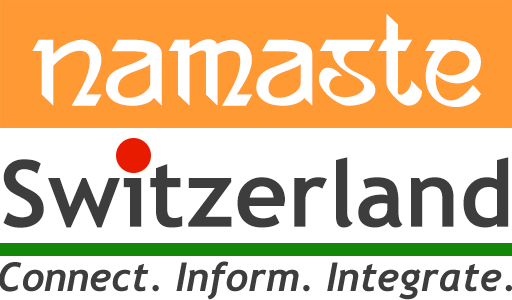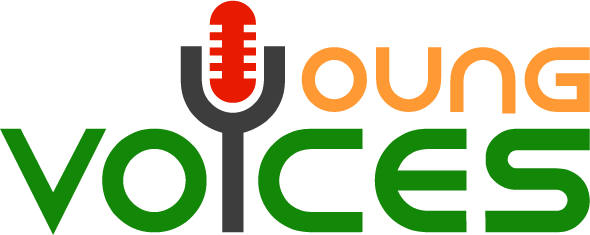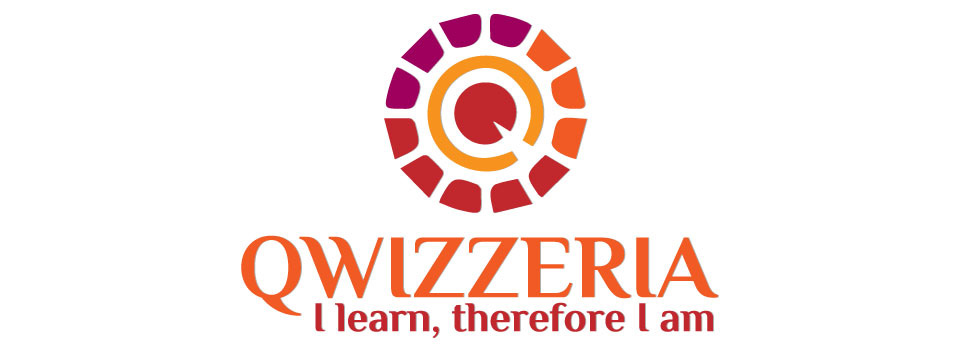We also have a ‘Language Corner where we share everyday words and phrases in the four official languages of Switzerland. As a follow up to our article on the basics of learning German, Keerthana Nagarajan spoke to some of our readers, who shared tips on what it takes to appear for a B Eins (B1) pruefung!
- Determine the reason for taking the exam: Do you want to take the B1 exam prior to your job hunt or for an update of language proficiency at your current workplace? Or, are you applying for a C-permit before the completion of 10 years of living in Switzerland and therefore require the B1 certificate as a prerequisite? The first reason requires your grammar to be completely proficient, while for the permit your basic understanding of the language is enough.
- Brush up your grammar: Let’s be honest. There is enough grammar to grasp and it’s best to brush up your grammar before you start practising your test papers. Every practice material book – be it Telc or Goethe gives you the basics of grammar. It assumes that you have a good understanding of the grammar. Try solving them. But if you feel the need go back to your grammar books, refer to your notes from the courses that you have previously attended at language schools or get yourself self-study grammar books.
- Practice papers: Work with the practice papers as much as you can. It builds your level of understanding of the language, lets you know what to expect when you take the exam and attempt the exam with confidence. There are books with practice exam papers available for both Goethe and Telc examinations.
- Vocabulary: Vocabulary is really important to be it for any section of the exam. Build your own list of words and keep adding the words as you learn each day. Colour coding it with one colour each for ‘der’, ‘die’ and ‘das’ words help too! One of our readers shares that vocabulary is also important for writing part of the exam. Learn key words specific to letter writing: The opening words, ending words, words specific to a theme. For instance, check out what words would you use in the invitation for a birthday party?
- Keywords approach: This approach works the best for both the reading (leseverstehen), and listening ’hörverstehen’ exercises Mark the keywords in the question. Look for them in the reading passages. Also, concentrate on the keywords or words related to the keywords when you do the listening exercises.
- The ‘Listening Exercises’: Other than your practice papers, YouTube and dw.de is loaded with a lot of hearing exercises specific to B1. One very interesting tip shared by a reader is to hear the audio on a speaker and not wearing the headphones. Why? Because that’s how you hear it in the exam.
- Private preparation lessons ‘privat vorbereitung unterrichten’: Courses specific to B1 with a language school or a private lesson with a teacher few hours in a week, are also a good way to prepare for the exam. These lessons help especially building your confidence for the speaking part (sprechen) of the exam.
- Looking ahead: And lastly, it builds your interest to go to the next level in your language learning.
As a reader put it, “My Goethe passing certificate only cemented my intention to pursue a B2 course. Alles Gute!”
Disclaimer: Namaste Switzerland does not undertake any financial/reputational/legal/misrepresentational impact or other obligations/liabilities that may arise from the content.
Please note: Systems and laws change. We do not confirm the validity of the content at all times.












